The Top 9 vitamin C-rich fruits to eat for better health
Looking to increase your vitamin C intake? These 9 fruits, recommended by dietitians, are packed with immune-boosting nutrients to keep you healthy year-round
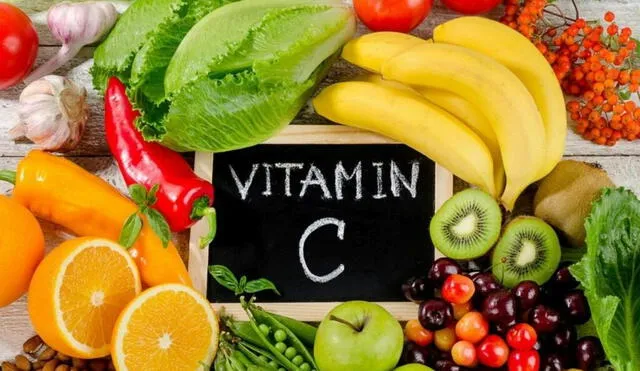
Vitamin C is a powerful antioxidant that plays a crucial role in immune support, skin health, and overall wellness. While citrus fruits are commonly associated with vitamin C, several other fruits offer even higher levels of this essential nutrient.
Dietitians emphasize that getting vitamin C from whole foods is more effective than supplements, as the body absorbs it better. While vitamin C won’t prevent colds, it may help reduce the severity and duration of illnesses, making it an important part of your daily diet.
If you’re looking to increase your vitamin C intake, here are the top 9 fruits with the highest levels of vitamin C, along with their health benefits and how to enjoy them.
1. Bell Peppers – The unexpected vitamin C superstars
- Yellow Bell Pepper: 342 mg of vitamin C per pepper
- Red Bell Pepper: 210 mg of vitamin C per pepper
- Green Bell Pepper: 132 mg of vitamin C per pepper
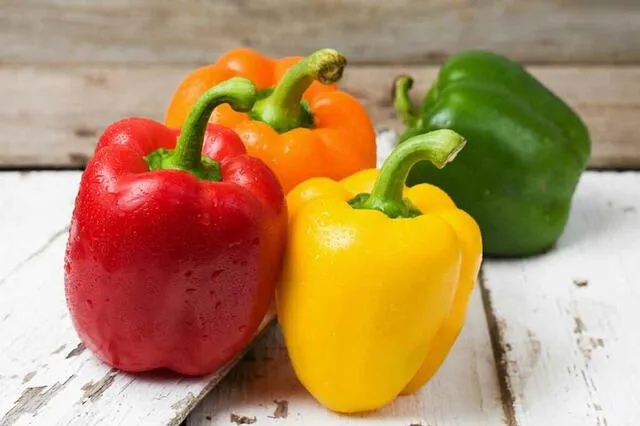
Bell Peppers are technically fruits. Photo: AANMC
Surprise! Bell peppers are technically fruits and contain more vitamin C than oranges. Yellow bell peppers pack the most, followed by red and green varieties.
Health Benefits:
- Boosts immunity and skin health
- Provides fiber, vitamin A, and antioxidants
- Naturally low in calories and fat
How to Eat: Slice them up and enjoy with hummus or tzatziki for a crunchy, nutrient-packed snack.
2. Guava – A tropical vitamin C powerhouse
- One guava: 125 mg of vitamin C
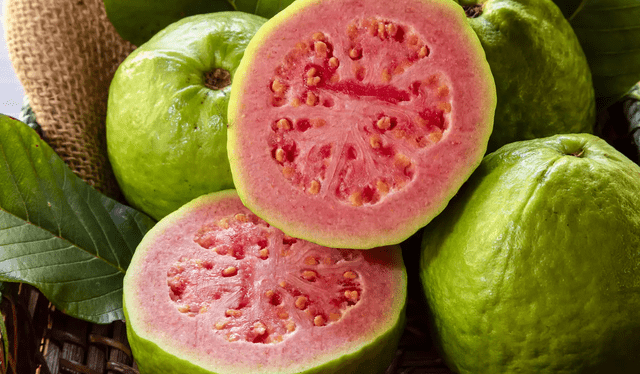
A guava has almost twice the vitamin C of an orange. Photo: Health
This tropical fruit contains nearly twice the vitamin C of an orange. It’s also packed with antioxidants, fiber, and potassium, promoting gut and heart health.
Health Benefits:
- Supports digestion and gut health
- High in fiber and protein for a fruit
- Rich in antioxidants that fight inflammation
How to Eat: Add to smoothies, fruit salads, or enjoy fresh with a squeeze of lime.
3. Strawberries – A superfruit for immunity & heart health
- One cup of strawberries: 90 mg of vitamin C
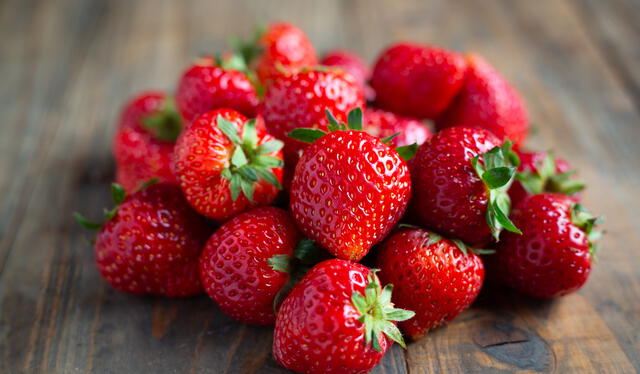
Strawberries support heart health and immunity. Photo: Food Gallery
Strawberries are a nutrient-dense superfruit rich in vitamin C, flavonoids, and antioxidants that support heart health and immunity.
Health Benefits:
- Helps fight free radicals linked to cancer and heart disease
- Low in sugar compared to other fruits
- Contains fiber for digestive health
How to Eat: Add to yogurt, oatmeal, or blend into smoothies.
4. Papaya – A longevity superfood
- One cup of papaya: 88 mg of vitamin C
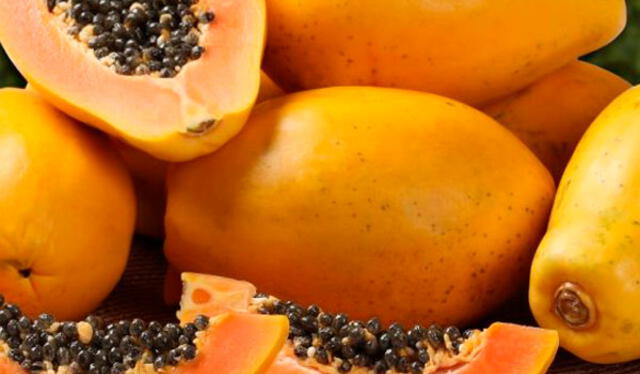
Papayas are loaded with essential nutrients. Photo: Semval
Papaya is a staple in Blue Zones, regions where people live longer and healthier lives. It’s loaded with essential nutrients, including magnesium, potassium, folate, and lycopene.
Health Benefits:
- Supports healthy skin and digestion
- Contains anti-inflammatory properties
- High in vitamins A, C, E, and K
How to Eat: Enjoy fresh, blend into smoothies, or pair with lime juice for extra flavor.
5. Pineapple – Aids digestion & boosts immunity
- One cup of pineapple: 79 mg of vitamin C
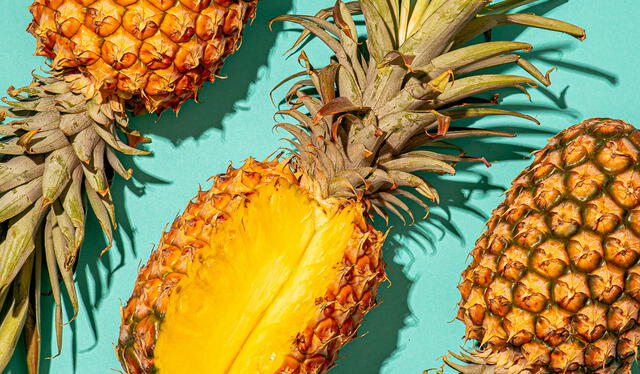
Pineapples are packed with vitamin C and bromelain. Photo: GoldBelly
Pineapple is packed with vitamin C and bromelain, an enzyme that aids digestion and reduces inflammation.
Health Benefits:
- Helps the body absorb iron from plant-based foods
- Contains fiber to support regular digestion
- Anti-inflammatory properties
How to Eat: Add to fruit salads, smoothies, or grill for a tropical treat.
6. Citrus fruits – The classic vitamin C source
- One medium orange: 68 mg of vitamin C
- ½ grapefruit: 45 mg of vitamin C
- Two small tangerines: 40 mg of vitamin C

Citrus fruits are a winter staple packed with vitamin C, fiber, and antioxidants. Photo: The Grove
Citrus fruits are a winter staple packed with vitamin C, fiber, and antioxidants.
Health Benefits:
- Supports immune function and heart health
- Provides fiber for gut health
- Helps lower cholesterol
How to Eat: Eat them fresh, add to salads, or use citrus zest for extra flavor.
7. Kiwi – A small fruit with big benefits
- One kiwi: 64 mg of vitamin C
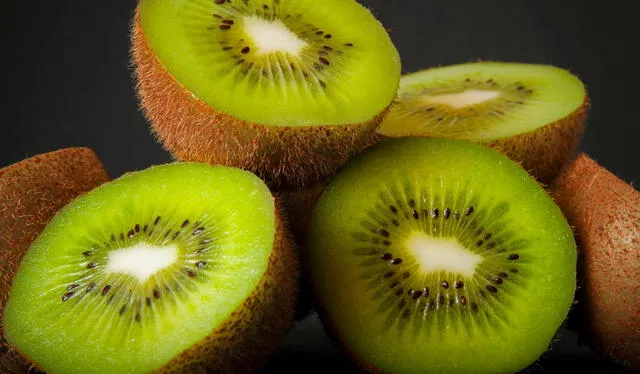
Kiwis contain serotonin, which may help improve sleep quality. Photo: Clarin
Kiwis are exceptionally high in vitamin C and contain serotonin, which may help improve sleep quality.
Health Benefits:
- Supports digestion with fiber and enzymes
- High in potassium and antioxidants
- May enhance sleep quality
How to Eat: Enjoy sliced, add to fruit bowls, or mix into yogurt.
8. Mango – A sweet energy booster
- One cup of mango: 60 mg of vitamin C
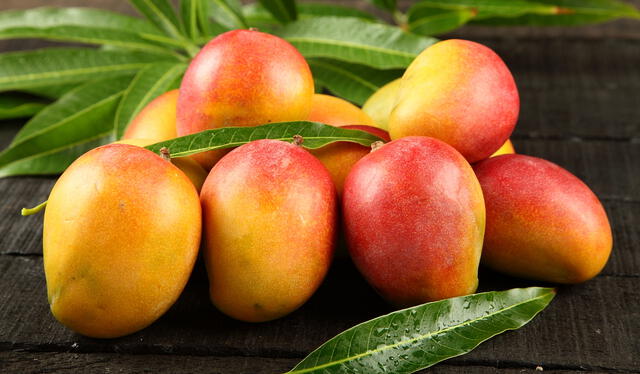
Mangoes are great for skin health and immunity. Photo: Chilli No. 5
Mangoes are rich in vitamin C, fiber, and carotenoids, making them great for skin health and immunity.
Health Benefits:
- Provides a natural energy boost
- Supports healthy digestion
- High in antioxidants
How to Eat: Blend into smoothies, eat fresh, or add to salsa.
9. Cantaloupe – hydrating & vitamin C-packed
- One cup of cantaloupe: 59 mg of vitamin C

Cantaloupes are great for skin and eye health. Photo: Everyday Health
Cantaloupe is a low-calorie, hydrating fruit packed with vitamin C and A, making it great for skin and eye health.
Health Benefits:
- Hydrates and refreshes the body
- Supports immune function
- Low in sugar and high in protein for a fruit
How to Eat: Pair with Greek yogurt, honey, and pistachios for a Mediterranean-style dessert.













